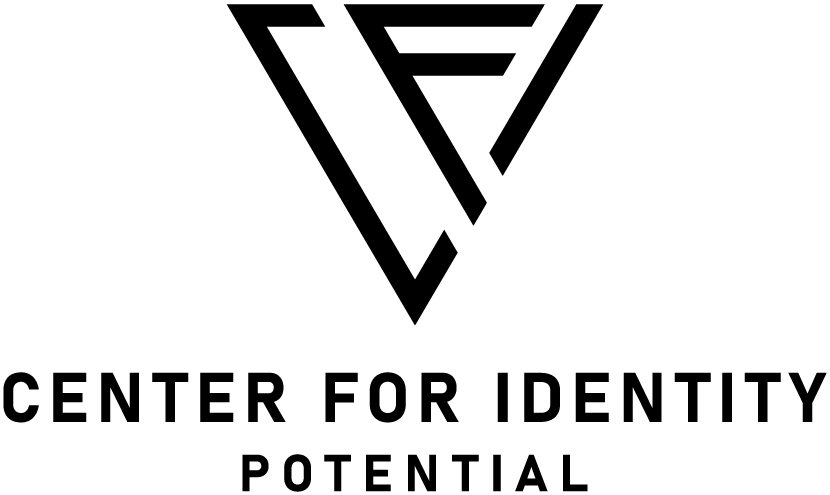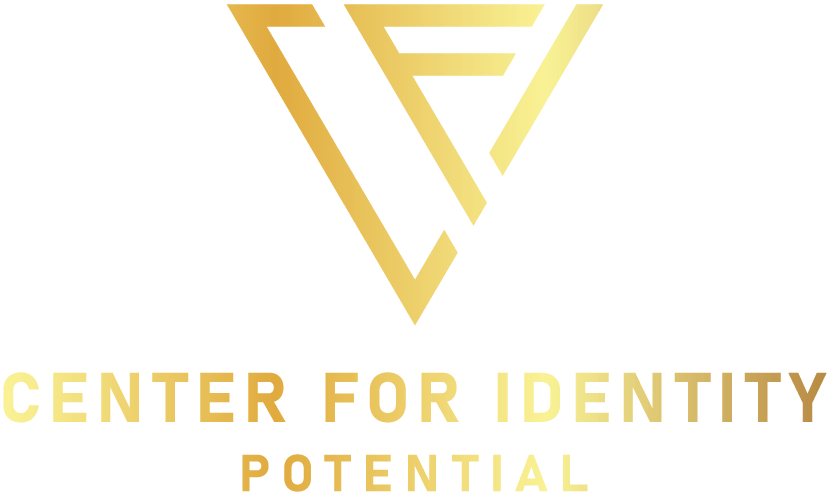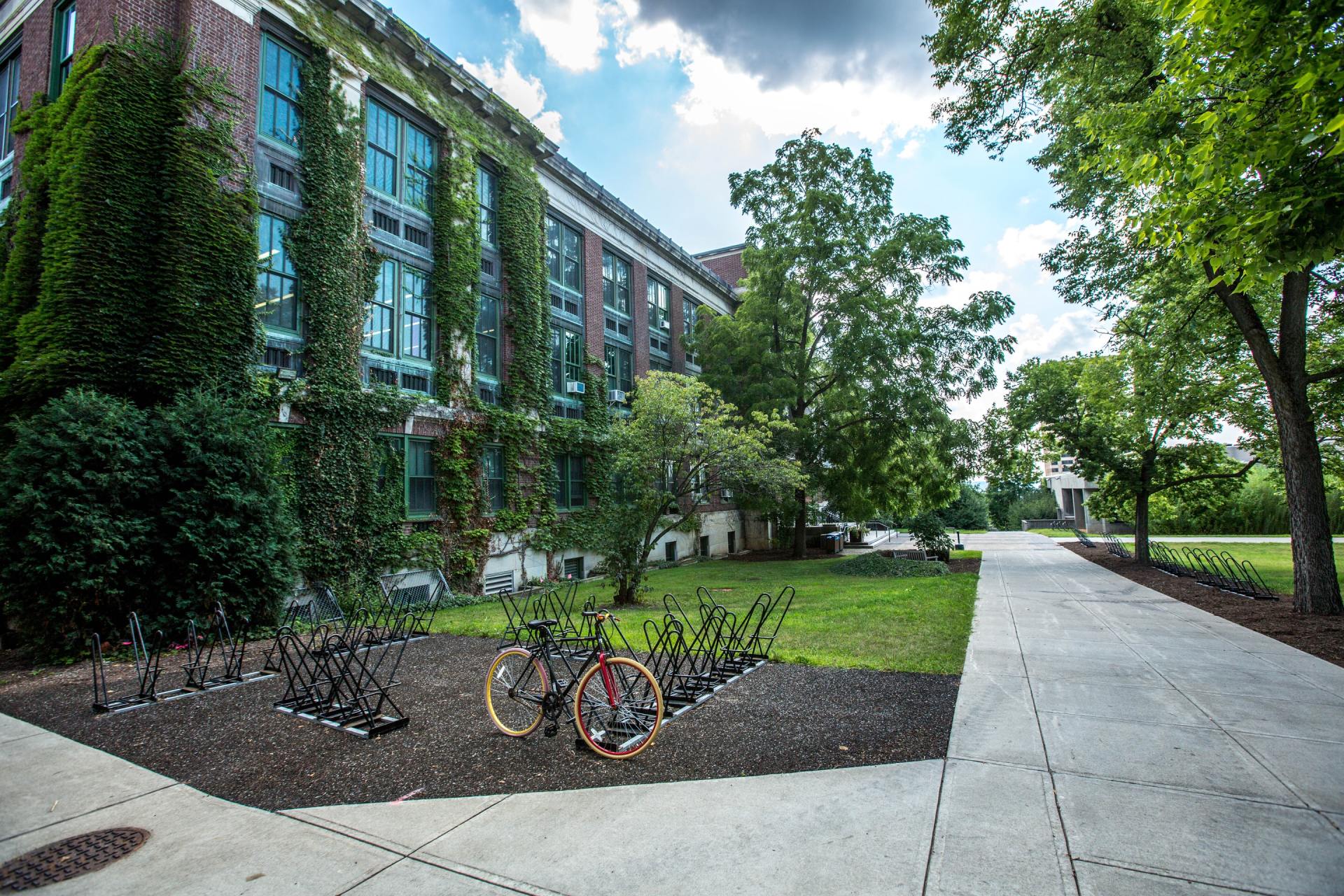Gifted Training for Schools
City skyline
Training and Workshop Opportunities offered by The Center for Identity Potential
Mission: To provide a broader and more complex understanding of the nature and needs of gifted and talented people and the systems that impact, influence and interface with their potential. Our intention is to activate the potential of all gifted and talented individuals and those working with this special population. The training, workshops and presentations offered cover a wide variety of issues and topics. We are also able to tailor any of our offerings to your specific needs. If our fees are not in your budget, we are willing to work out something out that fits your needs. We do offer some opportunities for groups that are non-profit and have very limited resource.
Fee Structure:
Half day training: $1400
Full day training: $2800
Series 3 month (half day): $3800 Workshop: $350 per hour
-
Executive Functioning, Your Child, and You
"The term Executive Functioning (EF) is being used more and more, yet many people still aren't quite sure what it means. It's clear that it is important, but many don't know why or what to do about it.
In this presentation, the presenter will help attendees understand what Executive Functioning is, how to notice the effects of EF strengths and weaknesses in a person's life and relationships, and how to improve EF skills and make changes. Particular focus will be put on EF issues for the gifted and talented and how parents and helping professionals can understand and help."
-
Perfectionism: A symptom; a problem; or part of the gift...
The gifted population has staked a long time claim into perfectionism. The descriptor, perfectionistic, has been used almost synonymously with the term gifted. In addition, perfectionism most often becomes associated as the problem, rarely a symptom of something else happening. This presentation is to debunk misconceptions surrounding perfectionism and the gifted by dissecting this phenomenon of “giftedness and its relationship to perfectionism” and offer a more informative, deliberate and complex view.
-
Challenges of Parenting the Gifted & Talented Learner
The presenter will recognize and discuss the challenges of parenting gifted and talented learners. Learning issues related to: twice exceptional, executive function, study skills, working with the school and testing/evaluations are discussed in this presentation.
-
Motivation and Achievement : A Torrid Love Affair
This presentation will highlight the intense and complicated relationship between the process of activating achievement and motivation. Parents and guests are encouraged to bring questions for a lively and informative experience with Andy Mahoney MS LCPC, one of the pioneers in the field of counseling the gifted and talented and a renowned expert on achievement. This presentation will be directed towards achievement for all children not just gifted and talented.
-
How to Create a Successful School-Parent Professional Team Lovefest When Advocating for Your Gifted Child
By far one of the most stressful experiences can be collaboration between parents, teachers and professionals when supporting a gifted child. So many variables to manage and many personalities to balance. Not to mention the variation in needs and beliefs about who and what a gifted child is about. This presentation focuses on putting together the team in a way that is non-adversarial and cooperative. This process is based on nearly 40 years of experiencing and developing a successful school-parent- professional team model for school related conferences such as Parent-teacher conferences, eligibility meetings, 504’s and IEP’s. The presentation will identify key parts that go into building the team and keeping that team effective over time. The appropriate role and use of testing and assessment will also be discussed
Key Points:
1. Keeping the team effective through transitions such as elementary school to
middle school, etc.
2. How to build strong communication systems and collaboratively design
appropriate accommodations.
3. Avoidcommonpitfallswhencollaborationisnotfacilitatedamongtheteam
members.
4. How and when to involve the student in the team for self-advocacy.
-
Gifted: A Rose by Any Other Name
In this talk, the presenter will be offering a working definition of the word “Gifted” and how it relates to other relevant populations that form the larger backdrop of giftedness (accelerated, developmentally delayed, neuro-atypical, twice exceptional, etc.) How do professionals, parents, and educators make sense of the label and what, if anything, should they be doing with it? This opportunity is built specifically for those in the gifted community who have challenging or unanswered questions about their child and what it means for them to have the label of gifted.
-
Topic: A Delicate Balance: Giftedness, learning disorders, and asynchronous development
The label “twice exceptional” greatly advanced the challenge of meeting the needs of exceptional gifted children. This presentation provides a new and integrative approach to understanding who we typically label the “twice exceptional” and how those exceptionalities fit into the nature of being gifted. The presenter discusses appropriate labeling of giftedness, learning disorders, and asynchrony and how these interact and can be handled without leaving a gifted child disenfranchised from their primary identity as gifted.
-
It’s All in the Notes: Note taking for the gifted student
Gifted students often dismiss notetaking as an unnecessary tool. Comments like; “I don’t need to take notes”, and “I never read them”. Now, with the neuroscience movement, notetaking has been vindicated as a necessary part of learning. This presentation, offers the process of “why” notetaking works, how to help gifted students understand the importance and a method to teach notetaking. A real “fingers on workshop” presentation, come prepared with notetaking gear and your workout mindset.
-
Motivation and Achievement: An intersection of complexity for the gifted
This presentation will highlight the intense and complicated relationship gifted children face between achievement and motivation. This relationship can be impacted by learning problems, being twice exceptional and developmental issues related to giftedness. All of these issues will be discussed. He will also discuss how parents and teachers can better understand, accommodate and intervene when necessary.
-
Building a Successful Parent, Teacher, Professional Team: One team’s model.
By far one of the most stressful experiences when working with a gifted child can be collaboration between parents, teachers and professionals when supporting a gifted child. So many variables to manage and many personalities. Not to mention the variation in needs and beliefs about who and what a gifted child is about. This presentation focuses on putting together the team and the intervention process in a way that is cooperative and non-adversarial. Presenting as a team a veteran gifted education teacher ( also the parent of a profoundly gifted child) and one of the pioneers in the field of counseling the gifted will share their process and collaboration efforts to support this challenging process. The presentation will identify key parts that go into building the team and keeping that team effective over time.
-
Working in the Trades: New hybrid career track for gifted
There was a time when the idea of tracking gifted students into a trade career was taboo. Today, Vocational Technical Education combines advanced science and technology (STEM) curriculum and vocational training opportunities where gifted students may find more fitting and financially rewarding careers. The career research on this type of hybrid education, career placement and industry demands are mounting. This presentation presents the current data, trends, and opportunities for supporting gifted students to enter the trades.
-
When Highly Intelligent Clients do not Improve: How integrating a gifted counseling methodology allows for greater therapeutic success.
Your client is brilliant, but your counseling process appears stuck. Your typical counseling approach isn’t having an effect and the process has become frustrating. It is common knowledge that working with a specialty population requires clinicians to adjust their process and reevaluate diagnostic information in order to better address a client’s needs. Yet there little to provide a paradigm for understanding how extreme intelligence shifts the entire nature of the therapeutic alliance and process.
By the end of this presentation, participants will learn:
1. What “giftedness” is and how it presents in a clinical setting.
2. How your own intelligence and gifts can impact the counseling process.
3. A new methodology that will shift your understanding of the process for working
with the gifted.
4. Opportunities to continue your expertise beyond this presentation With Andy and
Mark
-
Developing a Gifted Learner Identity
Being a self-directed gifted learner requires a unique identity formation. The Key to a learner identity involves certain skills, beliefs and intentions. Which will be explained, and a model offered to achieve this goal. In particular, the presentation shows parents how to foster and support the development of such an identity. The presenters utilize the Gifted Identity Formation Model (GIFM) to facilitate the process.
-
Perfectionism: A symptom; a problem; or part of the gift...
The gifted population has staked a long time claim into perfectionism. The descriptor, perfectionistic, has been used almost synonymously with the term gifted. In addition, perfectionism most often becomes associated as the problem, rarely a symptom of something else happening. This presentation is to debunk misperceptions surrounding perfectionism and the gifted by dissecting this phenomenon of “giftedness and its relationship to perfectionism” and offer a more informative, deliberate and complex view.
-
Harmony and Balance: Fostering the healthy identity development of the gifted child
What really goes into fostering a gifted child’s overall health and well-being? It is through our identities that we activate our potential. So forming a healthy identity as a gifted child is essential to a harmonious and balanced life. Identity expression is maximized only when we understand the wholeness of who we are as people in regards to many aspects of our nature from the neuro-biological to the social-emotional. This
presentation focuses on helping those who are in a role of fostering a gifted child’s identity development. The presenter will show how to work with the complexity of variables and asynchrony that occurs for the gifted child in forming a more harmonious identity development process. The Gifted Identity Formation Model (GIFM) will be presented here as a framework to facilitate this process. The model is a tool and/or framework that can help those who work with the gifted child in any capacity to improve upon fostering that child’s giftedness and identity expression.
The GIFM Model presented here has been published originally in the Roeper Review and later published in the text book Models of Counseling the Gifted. The creator of the model who is a pioneer in the field of counseling the gifted for about 40 years will explain and demonstrate the use of the model so attendees can understand how complex a gifted child’s identity formation is and how to effectively facilitate the child”s healthy balanced and/or harmonious gifted self.
What really goes into fostering a gifted child’s overall health and well-being? It is through our identities that we activate our potential. So forming a healthy identity as a gifted child is essential to a harmonious and balanced life. This presentation focuses on helping those who are fostering a gifted child’s identity development. With an emphasis on understanding the neuro-biological nature to the social emotional needs. The presenter will show how to work with this complexity of variables and asynchrony that occurs for the gifted child in forming a more harmonious identity development process.
-
Misdiagnosis in the Gifted: Is this Normal?
The complex nature of a gifted child creates a unique challenge for parents and educators. What is “normal” behavior for a gifted child and how does one avoid having a child misdiagnosed? Presenter will guide attendees through the process of understanding how the nature and behavior of gifted children should be assessed. Come and learn how to engage in the process of having your gifted child appropriately evaluated and thus better know your child’s developmental and learning profile. Then you can really understand the difference between causes for concern and the nature of giftedness, along with how to better meet your child’s needs.
-
Creating the School Fit
The proper fit in the education of a gifted child is of great concern to many parents. Sometimes it can feel like the best you can do for your child is hope you win the “teacher lottery” and find one who understands the unique nature of your child. Other times you are constantly fighting an uphill battle to have the giftedness acknowledged or even implement a modest accommodation. Mark and Andy will discuss how to create a process that empowers you to create a school fit and work more effectively with that school.
-
Executive Functioning: Your Child and You
Many people today have an interest in understanding Executive Functioning. The undercurrent of that interest typically involves a desire to get kids to achieve and perform better. unfortunately approaching Executive Functioning development from that perspective can lead to all kinds of problems. This presentation will provide a more developmental, comprehensive overview of Executive Functioning and its relationship to achievement for Gifted children and all children. Particular focus will be placed on how you as the parent can work with and facilitate Executive Functioning development in yourself and your child.
-
Creating Your Leadership Identity for Change: Starting now for a lifetime
Yes, identities are created. Presenter will discuss the process of how you form a leadership identity for throughout your life and what you can do now. Identities are based on skills, habits, beliefs, values, and behaviors. You have the potential to start now in your life building that leadership identity. Presenter will also discuss how leaders create change and then have to confront and facilitate what comes with that change. He believes being a leader involves far more than most people realize. Come prepared with questions and the desire to discuss how you can form your leadership Identity, NOW.
-
You Don’t Reach Potential, You Only Activate It: Breaking limitations to your career potential.
Often gifted students are tracked way too early in life to develop a career aspiration. Deciding early on, without a full understanding of yourself as gifted and your potential can ultimately lead to a narrow, limited path. Just because you show early gifted attributes or potential in certain areas, It may appear that is what you are supposed to do with your life. And others (parents, teachers, coaches) often feel they know what you should do with your life more than you do. Developing a career or careers does not have to be based on other’s desires, beliefs or even what you do naturally well in life. Career development is just that, a developmental process and should be approached as such. This presentation will be a discussion/presentation format covering the career development process for the gifted student and creating an awareness of your potential. Come prepared with questions and a willingness to engage.
-
Career Development in the Gifted: Something for Everyone
Career development processes are often limited to matching a person’s perceived and/or assessed interests, abilities and talents to a normative career path. And in the gifted field there are strong biases about how gifted children should be tracked and matched in terms of their careers and abilities. For instance, the idea of tracking a gifted child into a trade career was and often still is considered taboo. Today, vocational technical education combines advanced science and technology (STEM) curriculum and vocational training opportunities where gifted students may find more fitting and rewarding careers. Yet theses biases still prevail. The presentation will challenge some
-
The Fit: A model for counseling the gifted and talented
Description: Due to the unique and complex needs of the gifted and talented population, the counseling for this population requires practitioners to expand their awareness and practice beyond a normative approach. Most practitioners have a vulnerability when it comes to the fundamental understanding of this population and a lack of training resources to make the necessary adjustments in the counseling process, thus the need for this workshop. The Presenter will provide an extensive framework and model on
counseling the gifted and talented called “THE FIT” formerly known as The Gifted Identity Formation Model, a comprehensive model and framework for counseling this population developed and published by the presenter. The workshop’s goal is to provide counselors and mental health related professionals with a practical comprehensive methodology and direction on ways to enhance the process of assessing, counseling and managing the complexity of working with this special population. This model in no way competes with any existing models or theoretical orientations. THE FIT is designed as an enhancement process. So, no matter what your theoretical underpinnings are to your counseling process, this workshop is designed to help you enhance that theory into practice. All theoretical approaches are welcome. The workshop will cover the following:
• An overview of the gifted and talented population
• Understanding the correlations and relationships between diagnostic categories in
mental health and the gifted population
• The neuro-biological and developmental aspects of this special population will be
discussed and how those aspects relate to the counseling practice
• Understanding the role and use of assessments and Neuro-Psychological Testing
Results as they interface with the counseling process
• How to adjust your clinical practice for the variances of the gifted population
• Developing a plan and a team approach
• Working collaboratively with other adjunctive professionals, services and provide a
framework for how to coordinate and effectively collaborate between all team members with a special emphasis placed on working effectively with school teams to build
effective relationships between Parents and the school community professionals
• Additional counseling process and intervention issues such achievement and general
social-emotional issues etc.
• Individual, Group and Family Therapy will be discussed along with adjunctive therapies
(i.e Drama Therapy Art Therapy etc.) and the role they play
• A framework and practical model will be presented to guide you in your practice and to
manage the complexity involved with the gifted and talented population when it comes to counseling and mental health related issues and process.


